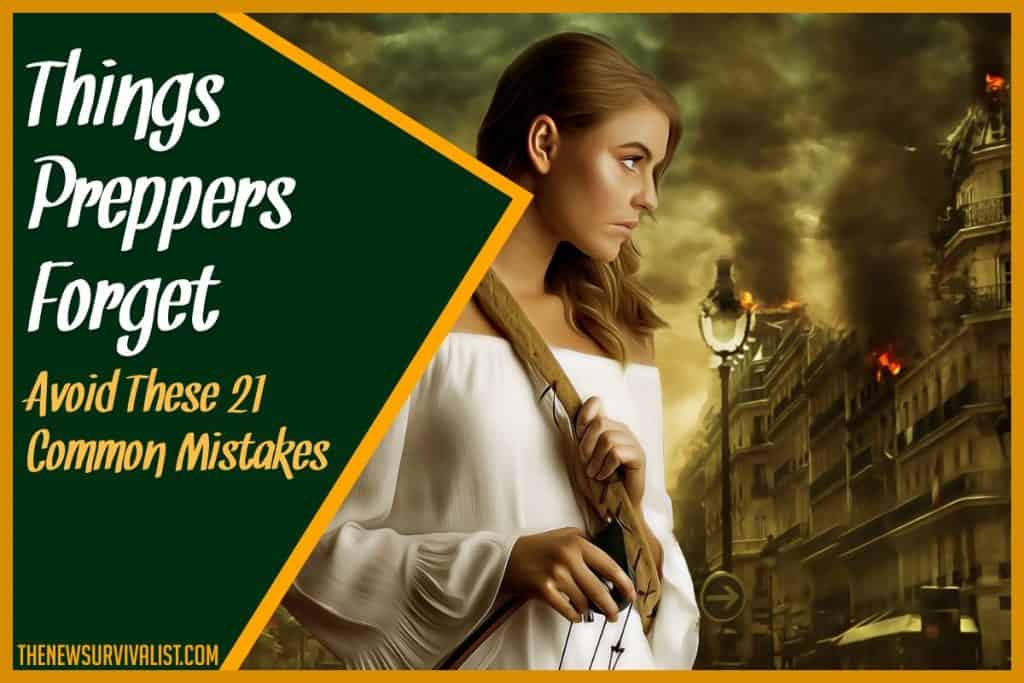Rookie preppers are prone to forget things and make mistakes due to their lack of experience and knowledge. Some are minor mistakes and can be fixed right away; however, some are critical and may result in larger problems later on.
The following are the areas where most preppers make mistakes and forget things:
- planning and risk evaluation
- supply and storage
- health and sanitation
- skills and gear
- prepper mindset
Things Preppers Forget
Planning and Risk Evaluation
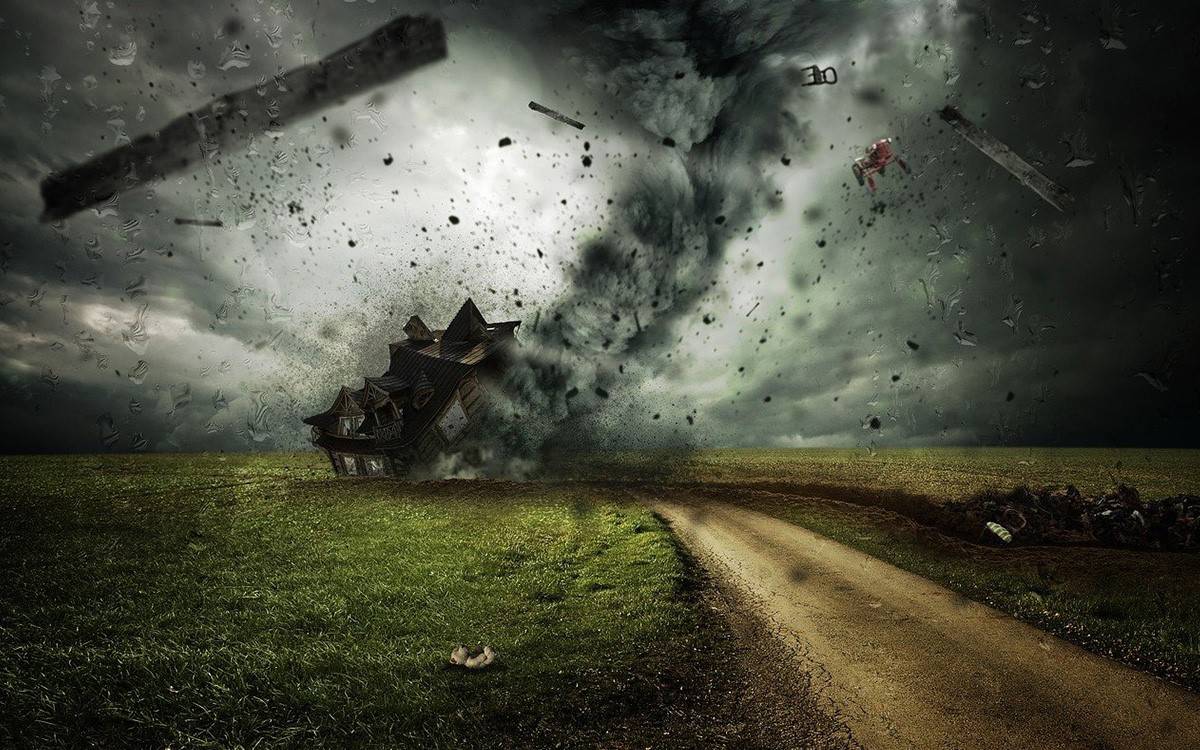
-
Failure to conduct a risk analysis
Evaluate the threats that you will most likely encounter before doing anything. As a beginner at prepping, it is easy to fall into the trap of preparing for all possible scenarios. Although this idea is great, it is not really practical nor possible to do so.
Prepare for the most realistic threats. Consider the risks due to your geographic location. For instance, if you are living along the shores of the sea or ocean, prepare to encounter hurricanes every year, and also consider the possibility of tsunamis.
However, if you are living in the middle of a country, surrounded by nothing but land, better prepare for tornadoes instead of tsunamis. If your area is near a volcano or above a fault line, expect occasional earthquakes.
Read or watch relevant news to get an idea of the most likely risks in your area. Aside from natural calamities, you may also need to prepare for human threats. Look into the frequency of crimes such as robbing, gang wars, rallies, and riots, and prepare accordingly.
Failure to conduct an adequate risk analysis will result in aimless prepping. It may decrease the overall efficiency of your prepping efforts and lead to problems later on.
-
Vague or no plan at all
When SHTF, it is easy to lose your calm and let panic take over you. Thus, having a plan is crucial to have a clear direction – there will be no need to think; all you have to do is execute your survival plan when an emergency occurs.
A plan is especially helpful during extreme emergencies when you are forced to evacuate. Without a plan, you will most likely forget a lot of things, such as essential documents, medications, or other items you are supposed to take.
-
Disregarding the unique needs of others
Not all members of your family are as fit as you. Some may have special needs that must be considered when planning or prepping. For instance, the elderly, pregnant women, children, and disabled family members won’t be able to move fast during emergencies. Also, babies will need infant formulations and extra protection due to their sensitivity.
-
Lack of disaster simulation and drills
Most preppers don’t forget this one, but they often disregard doing it. Disaster simulation is the key to mental preparedness, a factor as important as having enough supply of food and building survival skills.
By conditioning your mind to think clearly under a disaster simulation, you’ll be able to react faster and make better decisions when the actual threat hits you. Hence, you should add emergency drills to your prepping checklist.
Supply and Storage
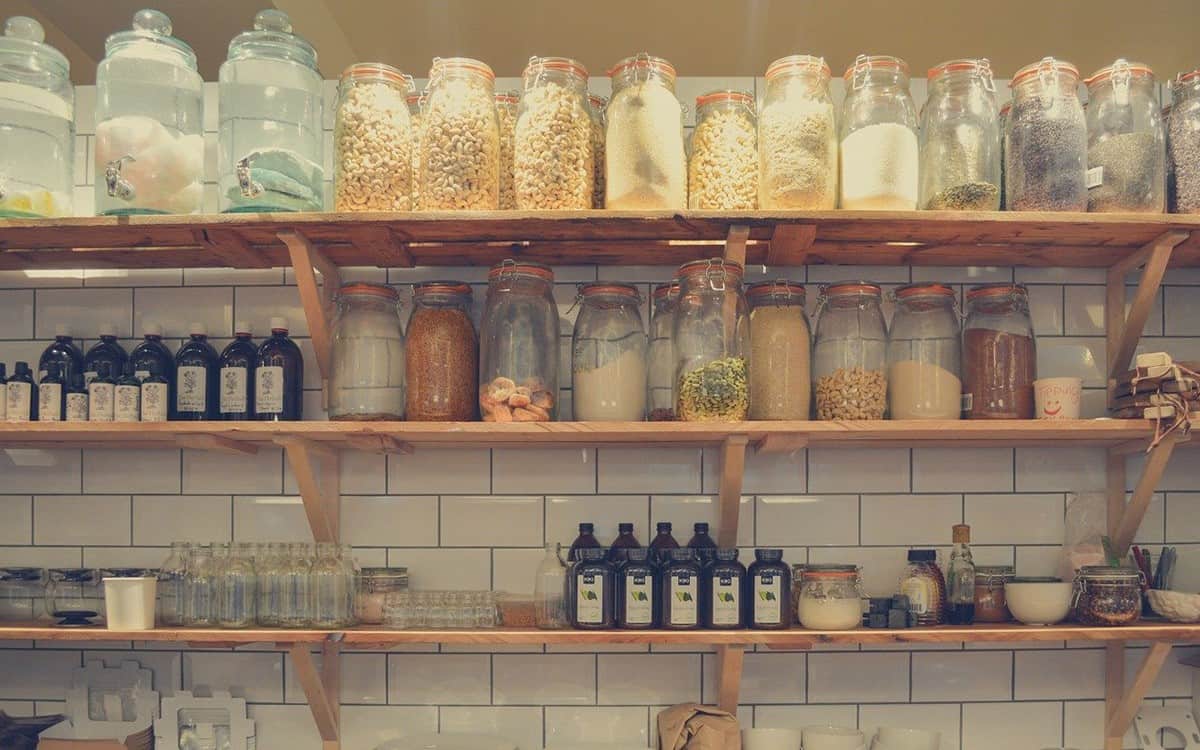
-
Insufficient supply
Make sure to stockpile sufficient food and water supply for your family. Calculate the minimum daily calorie requirement of each family member, take the sum, and use this value to estimate the amount of food you’ll need to stockpile.
To make your food prepping cost-efficient, purchase calorie-dense food products such as beans and rice. This will lessen your overall expenses without compromising the number of calories that your food supply can provide. For a detailed guide on estimating the amount of food to stockpile, consider reading this article.
The government itself can collapse when SHTF, causing a delay in the arrival of food and water aids. Hence, it is vital to have a sufficient supply of these items to last for a few months. Not only will it increase your chances of survival, but it will also help ease your mind during the disaster.
-
Hoarding is not prepping
Prepping doesn’t equate to hoarding. Do not buy too many items and supplies; just buy what you need. Although, it is wise to have extra items that you can barter later on.
Keep in mind that every item you buy has to be stocked somewhere. Thus, buying too many will only take up your precious storage space.
-
Buying and stockpiling the wrong items
Ensure that the food products you buy are ideal for long term storage. You don’t know when a crisis or emergency will occur; it could be next week, next month, or next year. Hence, you should buy supplies that have long shelf lives so they can stay fresh until the time you need them.
In addition, you must only buy food items you would want to eat. Do not purchase food products you don’t like to avoid wasting them. Consider the diet and allergies of other family members as well. If someone has a vegan or vegetarian diet, then buy animal-free products. If a member is allergic to a certain food, don’t buy that particular product to avoid allergic attacks during disasters.
-
Failing to rotate your supplies
The products in your food stockpile should be long lasting. However, it is impractical and a waste of money to keep them stored until they expire and become unsafe for consumption.
Practice to rotate and replenish your supplies every year or two to ensure that the food is at its best quality when you need to consume it. When a food item in your stockpile is nearing its expiration date, eat it and just restock it with a new one.
-
Inappropriate storage conditions
Do not store your food supply under inappropriate conditions. Elevated temperature, humid air, and direct exposure to sunlight are factors that shorten the shelf life of food products. Hence, you must avoid them.
Create a cool and dry storage room for your food stockpile to ensure that they can last as intended.
-
Keeping everything in one place
“Avoid putting all eggs in one basket.” Do not keep all your food and water supply in the same place.
It is common for preppers to have a backup for their backups. It is a practice that considers scenarios like your main storage room getting destroyed by a catastrophe or mobbed by hungry neighbors. This way, you don’t have to worry about losing all your supplies since you have a backup to depend on.
-
Not having an inventory list
An inventory list allows you to monitor your current supplies, especially food and water. It should contain the date you purchased a certain food item, along with its expiration date. Having this allows you to quickly check which food products are about to expire so that you can consume them beforehand.
Without an inventory list, you might easily lose track of the current amount of your supplies, which may lead to excess or insufficient supply. It may also result in food wastage due to improper monitoring of the expiration date of the food products.
Health and Sanitation
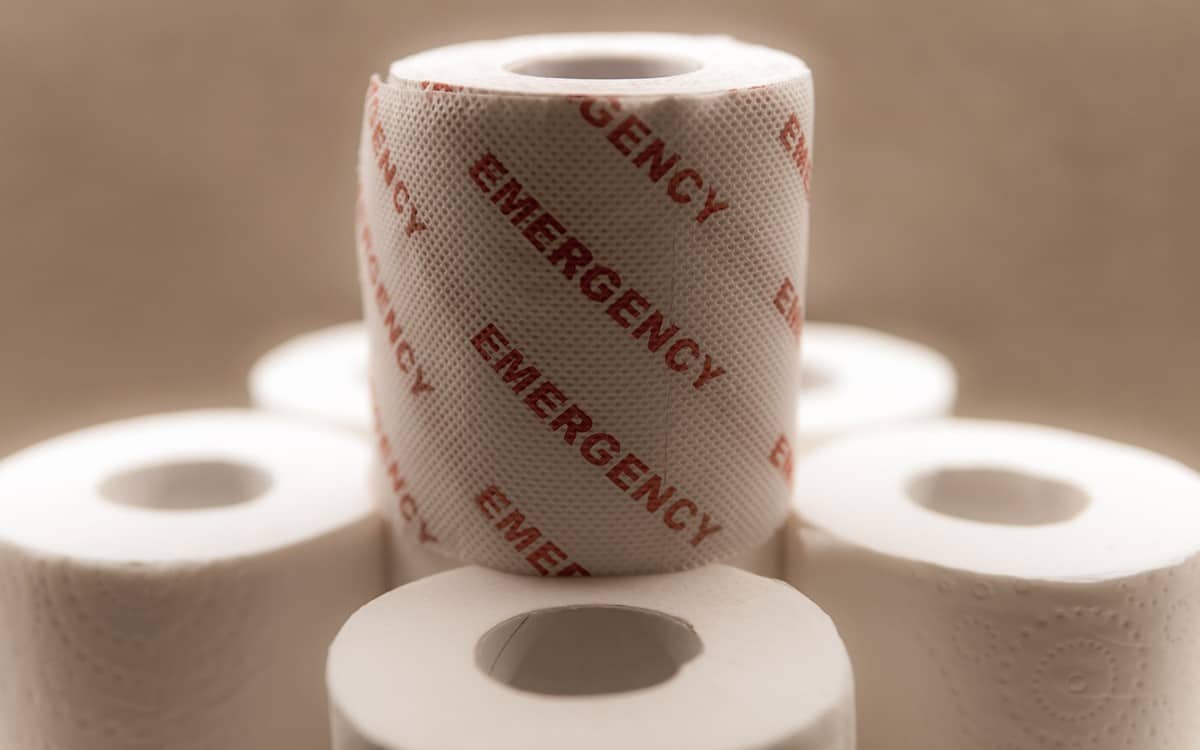
-
Disregarding the importance of staying fit and healthy
During emergencies, you will be required to move constantly, and you’ll need a healthy body to keep up with the fatigue and stress. Hence, you have to get into shape, eat a nutritious diet, and exercise regularly to prepare yourself for when SHTF.
-
Ignoring small wounds
A small wound can escalate to a deadly infection if left exposed and untreated, especially during disasters when the air and water are filled with dangerous microorganisms. Do not ignore wounds no matter how small they are; disinfect, dress, and treat them right away.
-
Forgetting essential medical supplies
During disasters, it will be hard or even impossible to get medicine. Hence, you should include stockpiling essential medical supplies in your prepper checklist. Do not forget to buy first aid supplies like disinfectants and bandages. Also, get medications for health problems like flu, the common colds, and diarrhea, which are common during disasters. You should also make sure that you and your family members know how to properly use all of the items in your first aid kit.
-
Failure to construct a sanitation plan
During disasters, a lot of diseases may arise due to the unsanitary disposal of human wastes. Hence, do not forget to prepare an emergency sanitation plan. Buy enough toilet papers, soap, tampons, and a bucket toilet.
Skills and Gear
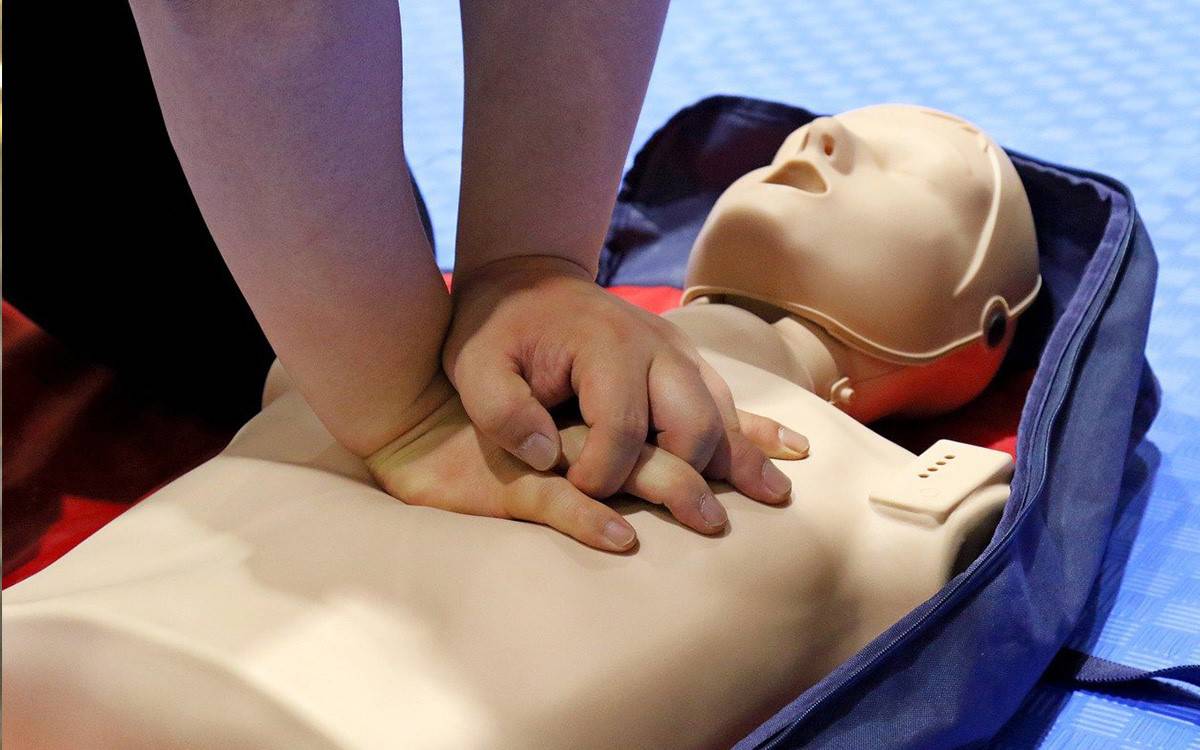
-
Lack of survival skills
Aside from stockpiling sufficient supplies, you, as a prepper, must be well-equipped with a vital skillset to survive calamities and emergencies. Hence, you must learn survival skills, including first aid, cooking, gardening, carpentry, self-defense, and others to complete your prepping.
-
Getting unnecessary gadgets
Do not buy gadgets just because everyone is buying them or just because they look nice. Rookie preppers tend to buy flashy but unessential gadgets like credit card knives, keychain survival kits, etc. Focus on buying useful and inexpensive items like multi-tasking tools, pocket flashlights, and household products.
-
Buying survival gear without knowing how to use it
When you buy a certain gear, take the time to learn how to use it. Don’t make the mistake of buying gear and then keeping it without even reading its manual; it is best to learn how to use it right upon purchase.
-
Spending your savings on gear instead of on essential supplies
Beginner preppers are eager to get the latest gear and gadgets, thinking that it is the best way to prepare for disasters. But, this is a fatal mistake. Preppers must focus on stockpiling essential supplies first, such as food, water, and medications, before spending on survival gadgets.
Prepper Mindset

-
Procrastinating
Procrastination is very common to newbie preppers. They tend to have a burst of motivation one day, then lose all of it the next day. They are prone to setting aside tasks thinking that they aren’t urgent, like filling a barrel for an emergency water supply. However, nobody knows when a disaster will strike; therefore, it is essential to accomplish the tasks immediately instead of putting them off for days.
-
Getting addicted to the idea of prepping
The complete opposite of procrastination is getting addicted to prepping. It is also a common mistake of newbie preppers as they tend to obsess with it. Often, they over research and overthink their decisions, disrupting their life balance.
Final Thoughts
As a rookie prepper, you will encounter countless decision makings. You will probably commit some mistakes and forget some things. But, it should not stop you from completing your prepper checklist. Take note of the common mistakes listed in this article. Learn from them and use them to come up with wise decisions on your prepper journey.

